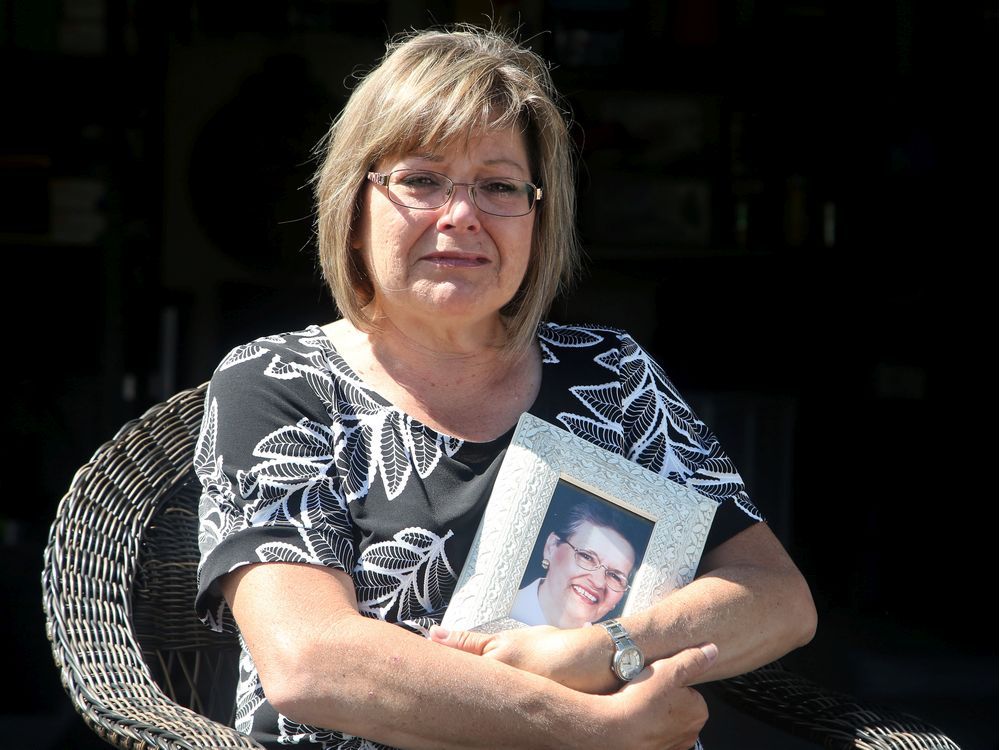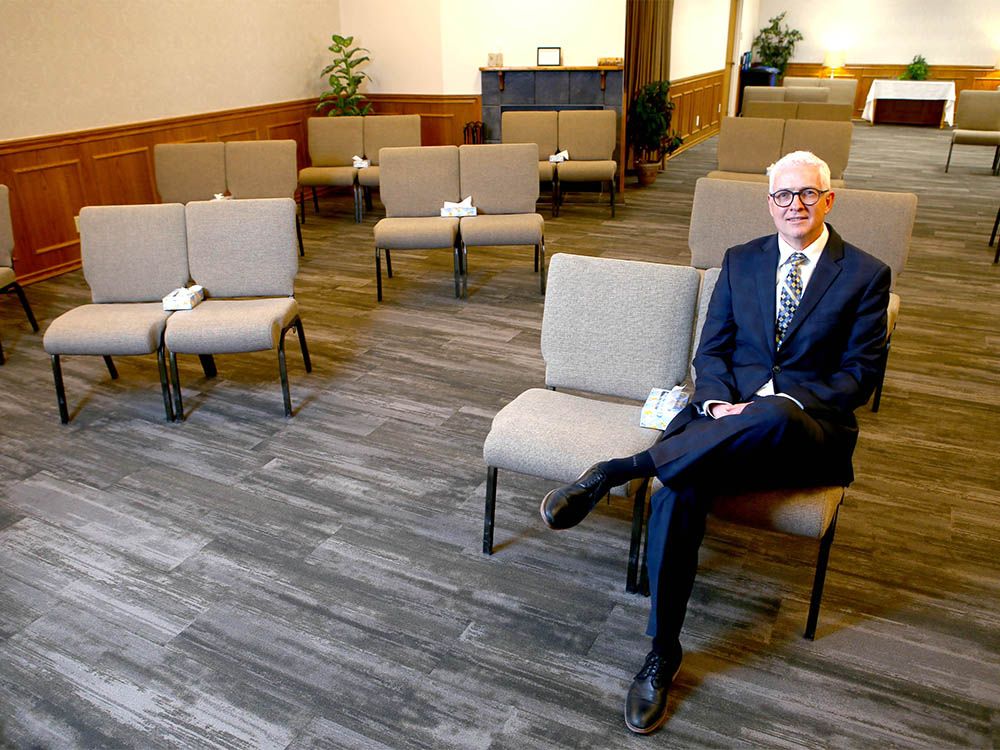so far, the covid-19 pandemic has taken the lives of 472,000 people. with no funeral services due to lockdowns, many loved ones did not have the option of processing this immense tragedy through traditional means. with no outlet for ritualized grief, is the pandemic changing our relationship with death, or did we not really have one to begin with?“people used to die at home,” says karen little, a brampton, ont.-based end of life doula. “they would have the wake at home and then go to the cemetery for burial. people used to not be afraid and put off by death. we don’t as a rule see dead people.”in 2020, it seems like all we have done is see dead people.the word doula comes from the modern greek word for ‘servant-woman.’ our country has had birth doulas for a while, typically another woman who assists the ascendant mother with home birth. in essence, it’s someone to help smooth our way into this world. it makes sense we might need help getting out gently.death doulas differ from palliative care in that they’re not medical. they help patients on a more human level, like how they would like to leave their legacy, or if they have a choice in the matter, how they want to die. it’s about having someone to make sure your wishes are respected. sometimes, it’s simply about having companionship in your final days.little was inspired to become a doula after 16 years in the intensive care unit. she visited one patient with als last november who had not left her apartment in months until little came by. they went to parks together, watched tv and “talked about what she wanted to talk about.” she died a few hours after little’s final visit.“i look at it as, ‘how do we help with total pain?'” says anne-marie stoneburgh, a doula based in toronto. so not only the physical pain but also delving into the psychological, physiological, spiritual and social elements to that pain.”the nature of our deaths may mean we’re not able to have these sorts of conversations until it’s too late for any meaningful action, making it all the more important to consider. stoneburgh currently has a client suffering from cancer who told her that “if anything were to happen” during the pandemic that he would not want resuscitation.both stoneburgh and little received a certification in end of life doula training in a six month course from the
institute of traditional medicine in toronto.“a client right now, she doesn’t have very long so we are working on a memory book for the family,” says little. “her stories about things they did together as a family so that her children will have these memories later. part of our role is to talk to them like they’re still normal people, because they are, they’re not sickness.”of course, doulas are not exempt from quarantine rules, and all of this is taking place on the phone or video calls. sometimes, this presents difficulties, in that much of the job is “just being there.”stoneburgh’s neighbour died this past easter sunday. her husband mourned the loss, but also the loss of a physical presence in the passing. he wasn’t allowed to be there, his son could not come from england, so the funeral was over video. “we’ve had to pivot our thinking around, ‘what is a good death anymore?'” says stoneburgh.“it is tiring, we have that tech fatigue for sure. how do we grieve the losses of seeing our loved ones for the last time?” says chelsea peddle, a victoria-based doula. “it means they might not get to do the last items on their bucket list or see a loved one in a different province and those are real losses that we talk about and we help them grieve. we help them find alternatives, where it’s not the same but it’s still something.”peddle was driven to become a death doula after her mother was diagnosed with an aggressive brain tumour and became incapacitated in just a few weeks. she had previously attained her certification from
douglas college in new westminster, b.c.she stresses the importance of allowing grief in lest it otherwise fester, particularly in an environment where we don’t have our normal rituals to process our grief.a death doula’s role may become exponentially more difficult depending on the age and condition of the dying. little says that she has seen patients on a ventilator where they’re able to last for a year or two, but the family stops coming in and the patient withers away. her most difficult moments are when a young person is dying, as she says that “often friends just disappear because people don’t want to think about their own mortality.”death doulas aren’t just for the dying either. sometimes, their family members and loved ones can benefit from a doula’s presence. this can be in a more abstract, non-linear process where the family is helped towards achieving the wishes of the dying, or in more formal support sessions where everyone can openly discuss their hopes and fears.diane miziolek, a friend of stoneburgh’s, sought the latter’s counsel after a beloved cousin of the family was suddenly diagnosed with stomach cancer. it wasn’t about just emotional support, but also how to tangibly help the patient as they are dying.for example, you should hold their hand, don’t rub, as that can irritate the skin. even though the patient is on oxygen and morphine, they can still hear and understand everything you’re saying so an afternoon of music at the hospital will do wonders.“she would walk me through it and talk about how we’re brought into this world and it’s a thing of beauty and when we leave it’s also a thing of beauty,” says miziolek. “we sat with him for an hour after he died. i never could have done that had she not walked me through this… how i could, i’m not sure what the word is, but embrace what’s going on.”
nsokic@postmedia.com |
@sokic_don’t miss the latest on covid-19, reopening and life. subscribe to healthing’s daily newsletter coming out of covid.
 5 minute read
5 minute read









